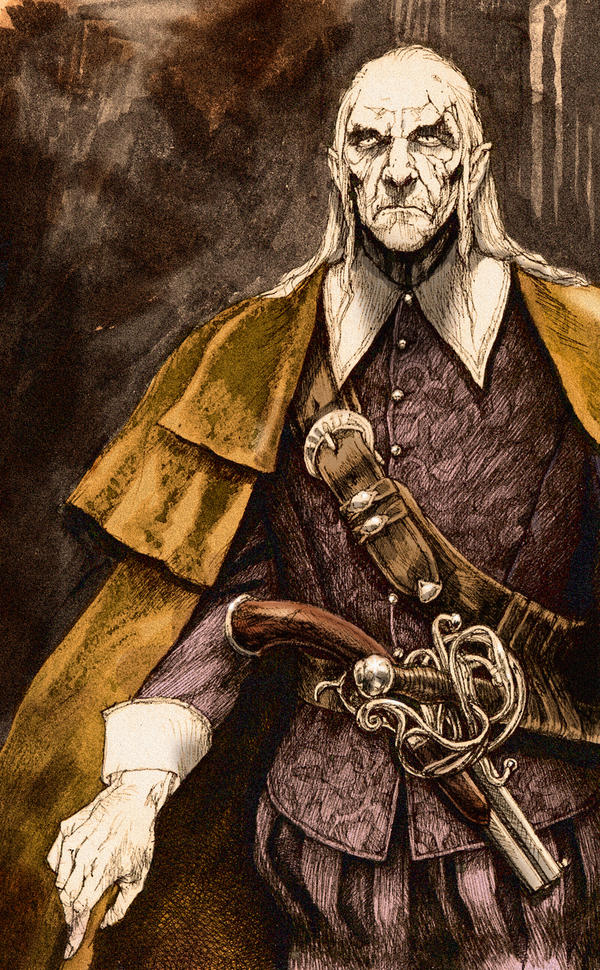Screencaps are here from the time at writing, but if you want to weigh in, I'll leave links to each below the poll itself.
 |
| http://strawpoll.me/7025086/ |
Since the leading result didn't care what edition it was, that leads to the next question: how much do we care about faithfulness to the core material?
 |
| http://strawpoll.me/7044557/ |
 |
| http://strawpoll.me/7139460/ |
This last one I've been kicking around for a while. Book formatting is something I've written about before and it's an interesting topic for OSR. Depending on the edition and game, we've seen it done a number of ways. The results here surprised me.
I've never gotten to experience LBB OD&D, but I've always loved the physical presentation of it. The amateurish doodles give it a naive charm, and the nostalgia factor is high. The actual booklets themselves have a kind of versatility that you lose in single-volume sets, as they allow you to have multiple people looking different things up simultaneously. If you can acquire them separately, it also means you can have multiple copies of the character creation section if you need it to speed up the process. I think it may also be less intimidating to initiate a new player into the game with a half-sized 30-page booklet than handing them the 300-page player's guide from certain other editions of the game.
For the first day or so that I monitored this poll, all four options were at a dead heat, with at most a vote or two between them. I assumed that the single volume 8.5x11 would ultimately win out, as it is the most common form RPG books take. I was pleasantly surprised that the 6x9 took the lead. I've written about how much I love this format ever since I picked up the Burning Wheel Gold book.
Even if the above changes significantly after the time of posting, I think I will stick with the 6x9 as the target size for a new book. This is not just because I genuinely enjoy the form factor for it, but because it creates a secondary possibility as well. It's easy to lay out the book at 5.5x8.5 (half-page LBB size) first and create the game in such a way as it can stand as multiple booklets and then just slightly upscale the same layout to fit a single-volume 6x9 without changing page numbers. Print on demand being what it is, it would be easy to offer both for people to pick at their preference. I can easily see someone using the single-volume hardback and a couple extra character-creation booklets at the table.


